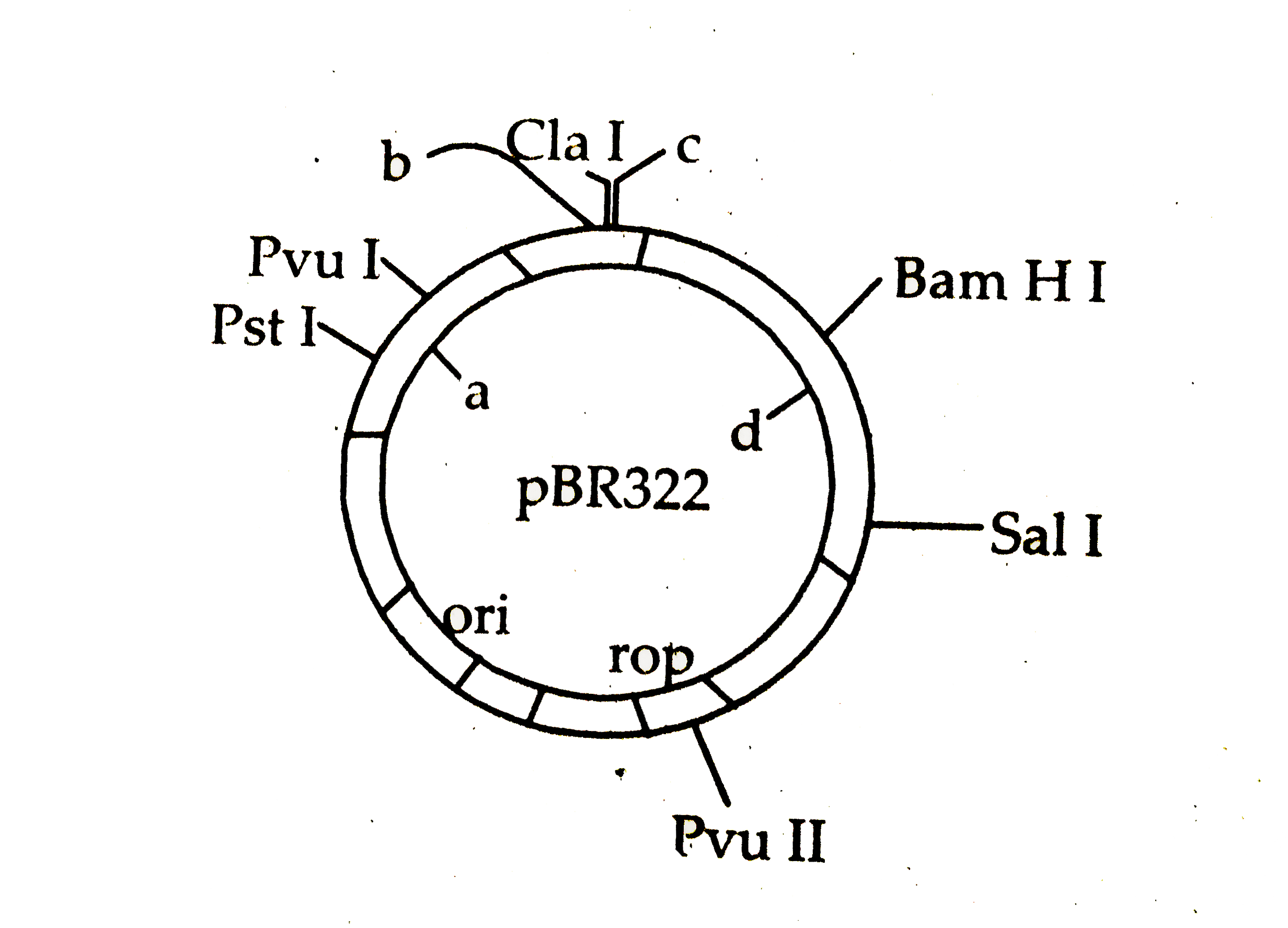Generally the genetic markers are
1)Genes
2)DNA polymorphs
3)DNA segments that have no coding function
4)All the three
The correct Answer is:D
To answer the question "Generally, the genetic markers are," we need to analyze the options provided and understand what genetic markers are in the context of genetics.
1. Understanding Genetic Markers:
- Genetic markers are specific sequences of DNA that can be used to identify individuals or species. They are often located at known positions on chromosomes.
2. Identifying the Options:
- The options presented are:
1. Gene
2. DNA polymorphs (DNA segments that have no coding function)
3. A combination of the above
4. All the three
3. Evaluating Each Option:
- Option 1: Gene: This is partially correct because genes can serve as genetic markers, but they are not the only type.
- Option 2: DNA polymorphs: This is also correct. DNA polymorphisms, like single nucleotide polymorphisms (SNPs) and microsatellites, are common types of genetic markers.
- Option 3: DNA segments that have no coding function: This is correct as well. Many genetic markers do not code for proteins but can still serve as markers for genetic variation.
- Option 4: All the three: Since all the previous options are correct, this option is the most comprehensive.
4. Conclusion:
- The correct answer is Option 4: All the three. This option encompasses the fact that genetic markers can be genes, DNA polymorphisms, and non-coding DNA segments.
Final Answer:
The correct option is: All the three (Option 4).
---
- Genetic markers are specific sequences of DNA that can be used to identify individuals or species. They are often located at known positions on chromosomes.
- The options presented are:
1. Gene
2. DNA polymorphs (DNA segments that have no coding function)
3. A combination of the above
4. All the three
- Option 1: Gene: This is partially correct because genes can serve as genetic markers, but they are not the only type.
- Option 2: DNA polymorphs: This is also correct. DNA polymorphisms, like single nucleotide polymorphisms (SNPs) and microsatellites, are common types of genetic markers.
- Option 3: DNA segments that have no coding function: This is correct as well. Many genetic markers do not code for proteins but can still serve as markers for genetic variation.
- Option 4: All the three: Since all the previous options are correct, this option is the most comprehensive.
- The correct answer is Option 4: All the three. This option encompasses the fact that genetic markers can be genes, DNA polymorphisms, and non-coding DNA segments.
The correct option is: All the three (Option 4).
Topper's Solved these Questions
- BOOK - AAKASH SERIESCHAPTER - MOLECULAR BASIS OF INHERITANCEEXERCISE - Exercise-III (Previous AIPMT/NEET Questions)35videos
MOLECULAR BASIS OF INHERITANCE
- BOOK - AAKASH SERIESCHAPTER - MOLECULAR BASIS OF INHERITANCEEXERCISE - Exercise-III (Previous AIPMT/NEET Questions) (AFMC)5videos
MOLECULAR BASIS OF INHERITANCE
- BOOK - AAKASH SERIESCHAPTER - MOLECULAR BASIS OF INHERITANCEEXERCISE - Exercise-II124videos
MOLECULAR BASIS OF INHERITANCE
- BOOK - AAKASH SERIESCHAPTER - MINERAL NUTRITIONEXERCISE - Exercise - III52videos
MINERAL NUTRITION
- BOOK - AAKASH SERIESCHAPTER - NEURAL CONTROL AND COORDINATIONEXERCISE - EXERCISE-III( PREVIOUS AIPMT / NEET QUESTIONS)33videos
NEURAL CONTROL AND COORDINATION
Similar Questions
The genetic code is
View SolutionRead the following statements about genetic markers and pickout the incorrect–––––––––– one
View SolutionMolecular markers are
View SolutionThe bactria generally used for genetic engineering is :
View SolutionThe property of a genetic marker
View SolutionGenetic drift
View SolutionGenetic drift
View SolutionThe following are used as genetic markers
View Solution
(a) Identify the selectable markers in the diagram of E. Coli vectior shown above .
( b) How is the coding squence of α- galactosidase consider a better markers than the ones identified by you in the diagram ? Explain.View SolutionRead the following statements about genetically engineered plants. Select the ones that are advantageous .
I. The increased yield from genetically engineered plants allows a smaller area of land to be farmed.
II. Generally engineering plants may have improved nutritional value .
III. Some plants can be genetically modified to give resistance to diseases.
IV. There is more research needed on the long term effects of genetically engineered crops on the environment
V. The use of genetically engineered crops may explain the increase in allergies in childrenView Solution

